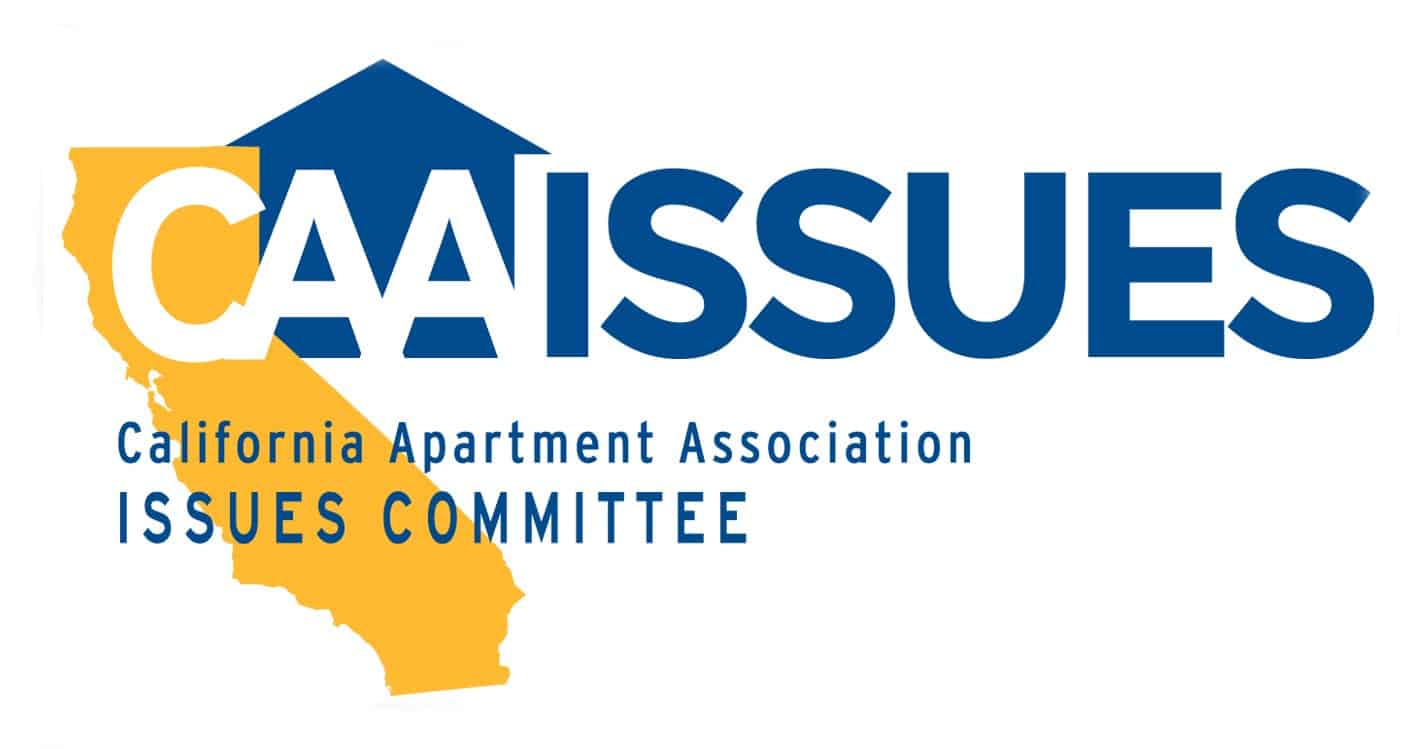Wildfires raging in Northern and Southern California have prompted states of emergency for Butte, Los Angeles and Ventura counties, triggering the state’s anti-price-gouging law and banning rent increases over 10 percent.
Last Thursday, Acting Gov. Gain Newsom declared the state of emergency in Butte County in response to the Camp Fire, which has burned 130,000 acres, destroyed nearly 9,000 structures and killed at least 48 people, making it the deadliest wildfire in California history.
Last Friday, Newsom issued an emergency proclamation for Ventura and L.A counties in response to the Hill and Woolsey fires.
The emergency declarations trigger the state’s anti-price-gouging protections, which prohibit raising the price of many consumer goods and services, including that of rental housing, by more than 10 percent above pre-emergency levels after an emergency has been declared. Protections against rent-gouging apply to existing tenants and at unit turnover.
“Families in Los Angeles and Ventura Counties are in the midst of dealing with devastating wildfires. They should not have to worry about whether they’re being illegally cheated out of fair prices,” Attorney General Xavier Becerra said in a news release. “Our state’s price gouging law protects people impacted by an emergency from illegal price gouging on housing, gas, food, and other essential supplies.”
The Butte County state of emergency is scheduled to expire after 30 days, however, it can be extended by the governor or local officials. Likewise, emergency declarations for Ventura and Los Angeles counties are scheduled to last 30 days but can be extended. Due to earlier fires, Ventura County already had a ban on price gouging, which lasts through Dec. 4. Lake, Mendocino, Napa, Solano, Sonoma, Shasta, Siskiyou and Santa Barbara counties also have price-gouging bans in place until early December.
Enforcement of the state’s price-gouging ban does not stop at the county line. California’s attorney general has interpreted the price-gouging law to apply anywhere in the state with an increased consumer demand resulting from the emergency. Anyone convicted of violating the statewide anti-price-gouging law can face a year in county jail, a fine of up to $10,000, or both, as well as civil penalties. Local ordinances may impose additional penalties.
The California Apartment Association urges landlords in counties named in declarations of emergency — and anywhere in the state — to seek legal advice before raising rents by more than 10 percent. In areas directly affected by the wildfires, CAA encourages rental property owners to refrain from rent increases of any kind during this crisis.

